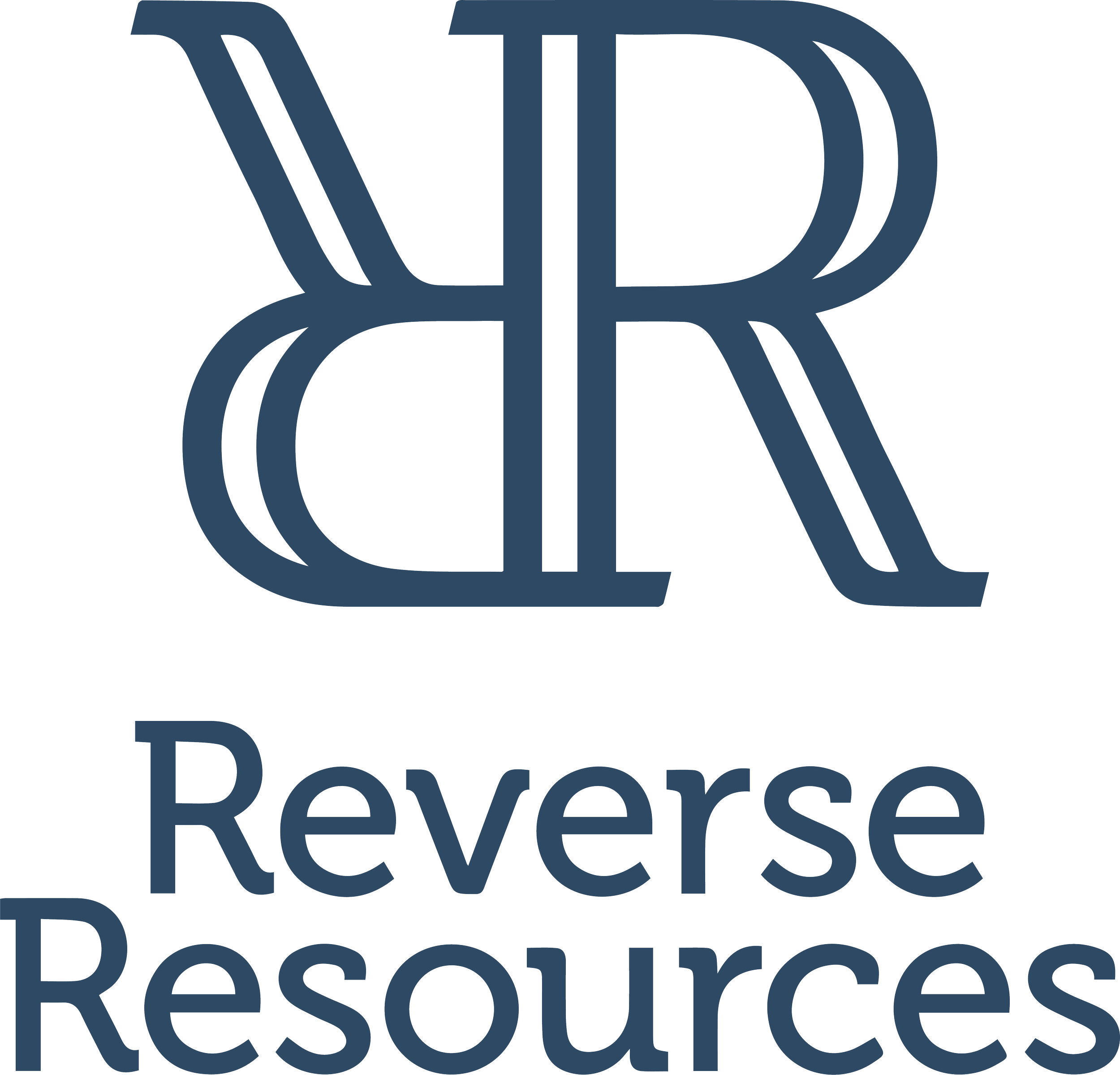
Reverse Resources
Reverse Resources is a platform connecting textile waste with textile-to-textile (T2T) recycling.
RR is taking the digital data-driven approach to support textile waste management so that T2T recycling becomes feasible, scalable and traceable globally. While more and more T2T recycling technologies are entering the market and expanding their industrial capacity, the bottleneck is access to well-prepared textile waste by exact fibre composition and colour. RR platform is a combination of:
supply chain management tool (setting up best routes and processes to reduce costs in daily operations),
a traceability tool (verifying waste movement from source to recycled products and creating source data for DPP),
a waste mapping tool (aggregating daily waste flow data for planning the best locations for the next recycling plants), and
a reporting tool (allowing fashion brands to set baseline and targets on how much of their waste has been traced to T2T recycling to inform EPR-related achievements)
While the first country to launch the solution was Bangladesh, today RR database covers 20+ countries and works with 18 largest fashion corporates who represent in total ~10% of the industry globally. In 2023, the platform traced 16,000 tonnes of waste, and thereby reducing the demand for virgin materials in fashion, it helped save 130K tonnes of CO2 which is the average annual footprint of ~27K people.
Their role in PESCO-UP
Reverse Resources is participating mainly in data-related activities in the project. We are working on digital tools for matching the supply of fibre-sorted waste with the best recycling solutions through available supply chain routes to reach the highest feasibility of the physical processes.
They also work on verifying the actual movement of textile waste to recycled products and pass on the data for DPP in the final consumer product.
More on Reverse Resources




